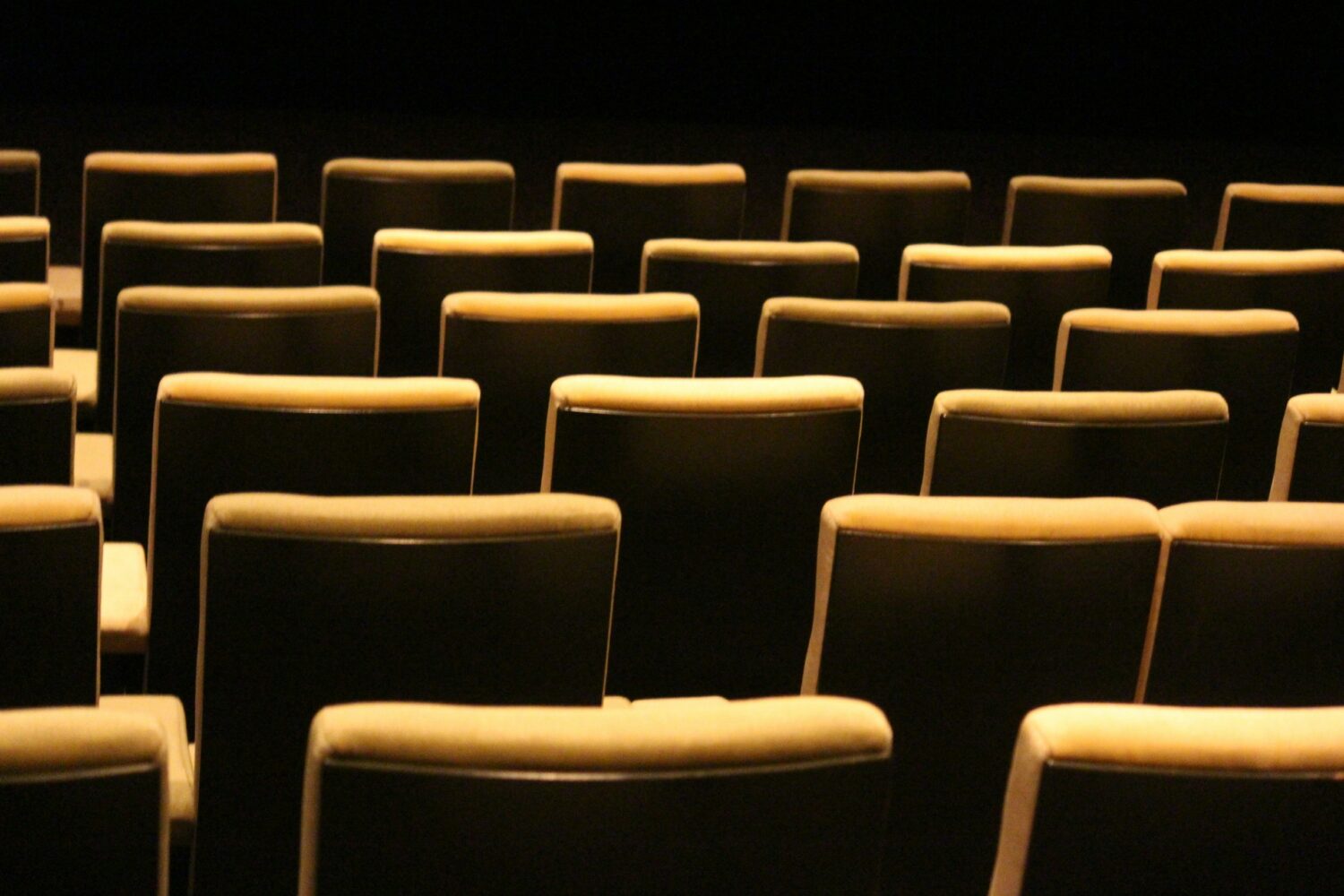Open to all
Arts special, volume 5: The arts should not be the preserve of a privileged few, writes Josette Bushell-Mingo
As a new government arrives in Westminster, I have been reflecting on the state of the industries I represent – the arts and higher education – as well as the state of our country.
Much is in flux, but I have never been more convinced that the arts and education have the power to effect positive change, to help us bridge divides, to reinvigorate our communities and to recognise our shared humanity.
There is a simple business case for properly supporting our arts and education sectors. Jobs in the creative industries are highly skilled and in high demand. They are also key drivers of economic growth. The UK creative industries collectively contribute £125bn to the economy, with the sector growing at a rate that exceeds the national average by more than a factor of three. UK higher education performs similarly, contributing more than £130bn. And both have a clear role to play in supporting growth and employment in regional economies.
Collectively, we have repeatedly tried to make this case; but the lack of consistency in government leadership has sent a clear message about our perceived value. For far too long, the arts and non-STEM education have been treated as the preserve of a privileged few. With less investment in our sectors from central government, many of our institutions are now on the verge of closing; those that have survived are facing increasing financial pressure and some are being forced to limit their offer. This is an acute crisis which, over time, will leave us with a cultural output that fails to reflect our society and so feels stale. The answer is to protect arts and education as fundamental human rights.
We must recognise that access to arts education in childhood contributes to creativity and wellbeing, grows confidence and improves educational outcomes across subjects. Then, we must work to ensure that every child, regardless of background, has access to high quality arts provision delivered by a specialist teacher. This will require a commitment to funding specialist teacher training, as well as the vision to embed the arts more fully into the national curriculum.
Local councils must also be supported and empowered to prioritise the arts and cultural provision that will, in turn, drive growth and create jobs in their local areas. And support for regional and touring theatres must be revisited.
Financial concerns create barriers for students who are thinking about accessing higher education – and particularly in creative subjects. To help redress this, further support is needed via realistically costed maintenance loans, maintenance and support grants, and additional support for ‘first in family’ students. At Central, we have recently removed undergraduate audition fees in a bid to help ensure those who are not from well-off backgrounds are not disadvantaged. This is a small but important step. We hope it will encourage wider discussions in the industry about how we can make our spaces more welcoming, accessible and equitable.
Finally, small, specialist and practice-based higher education providers in the arts need reassurance that they will no longer be pitted against their partners in STEM and encouraged to work alongside and with them. For years, we have been told that the humanities and creative subjects are not as ‘strategically important’ as STEM subjects. Yet our work has always coexisted with and complemented science and technology, as my past students now working in creative roles within hospitals, the criminal justice system, sports sciences, environmental sustainability and technology well know. Creativity and creative thinking are as important to a career in biochemistry, medicine or agriculture as they are to one within the arts.
We ask Labour to prioritise these things – access, diversity, equity and creativity – as it sets its priorities for the coming term. Meet with us, visit our venues and institutions, speak with our students, and work along- side us to help our industries grow.
With this commitment, we will continue to nurture the forward-thinking creative leaders who will shape and drive the creative economy of the future.
Image credit: Denise Jans on Unsplash
Portrait image credit: Cam Harle photography

